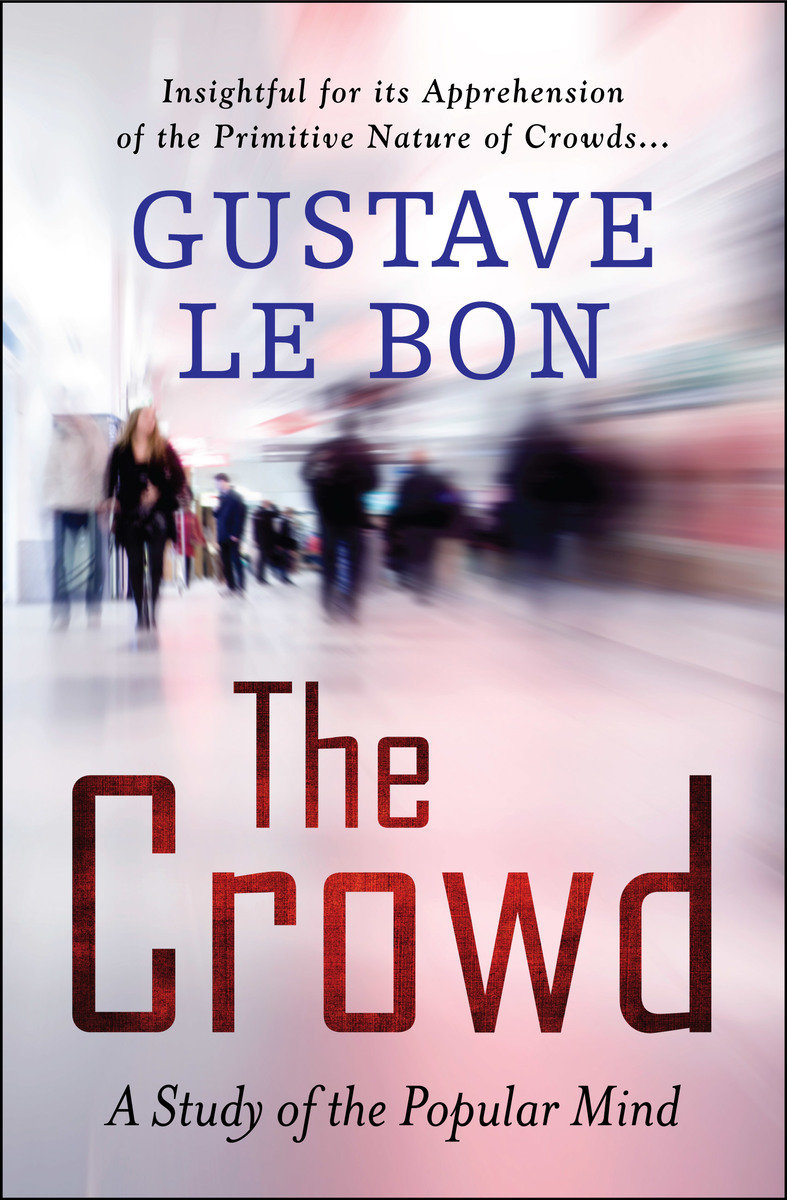Originally published in 1895, The Crowd´ is one of the most influential pieces of social psychology in history by Gustave Le Bon, a top French polymath whose areas of interest incorporated anthropology, psychology, sociology, medicine, invention, and physics. This book was highly instrumental in developing the social psychology field of study by analyzing, in detail, mass behavior. It had a deep impact not only on Freud but also on such twentieth-century masters of crowd control as Hitler and Mussolini-both of whom may have used its observations as a guide to inciting popular passions.
Although the volume concentrates on crowd psychology, it is also brilliantly enlightening on the effects of the generally accepted beliefs of a nation's citizenry on the processes of history. Among the topics covered here are general characteristics and mental unity of the crowd; the crowd's sentiments and morality; its ideas, reasoning power, and imagination; opinions and beliefs of crowds and the means used by leaders to persuade; classification of crowds, including criminal and electrical assemblages, as well as the functioning of criminal juries and parliamentary assemblies.
A must-read volume for students of history, sociology, law, and psychology, it will also be incalculable to politicians, statesmen, investors, and marketing managers.


